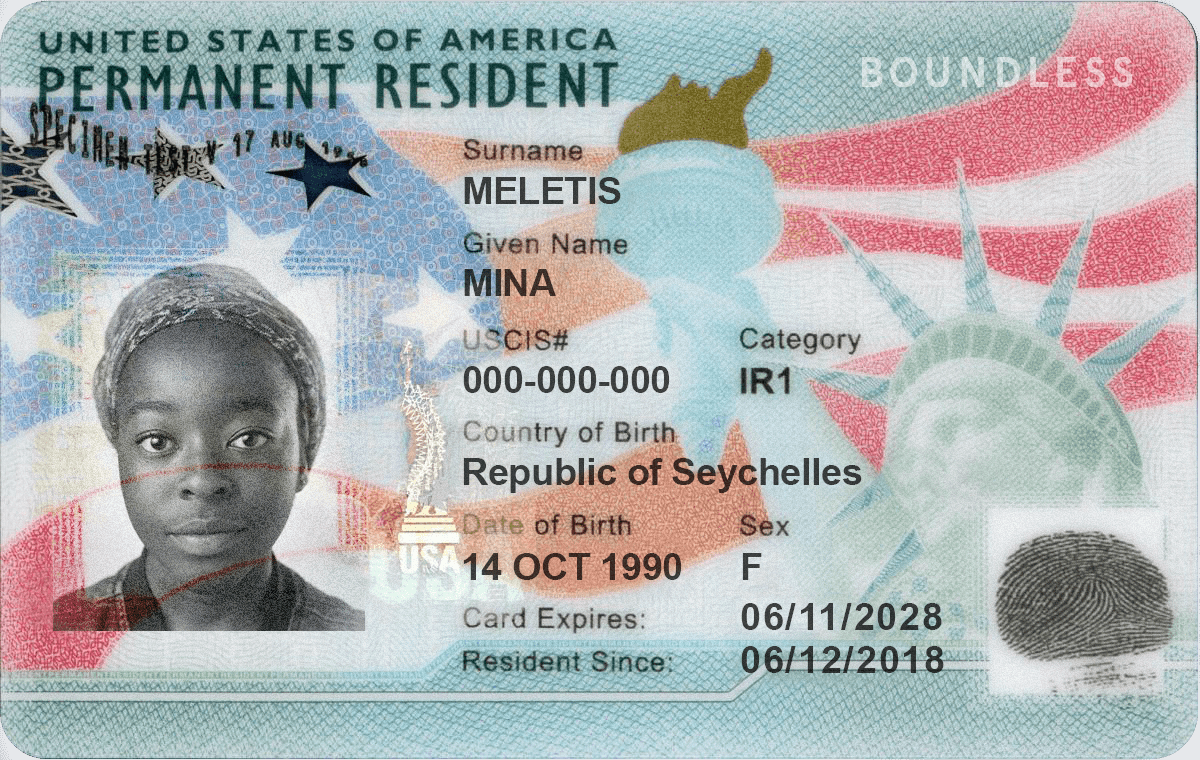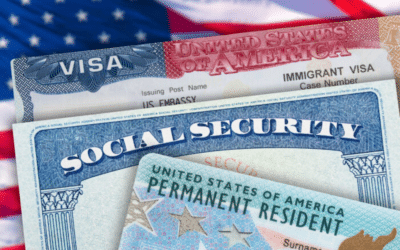How to successfully navigate your F-1 visa interview
What to Expect in the F-1 Interview
One of the last steps in the F-1 student visa process is attending an interview at a U.S. Embassy or consulate. If all goes well, a consular officer will approve your visa at the interview itself and you’ll be on your way to studying in the U.S.! Not sure if you qualify for an F-1 student visa? Start by checking your eligibility.
The main purpose of the visa interview is to determine whether an applicant is qualified to study in the U.S. and if they will abide by the terms of the student visa. The consular officer will ask general questions regarding your intended studies or program, your financial arrangements and how you plan to support yourself during your time in the U.S., and your future immigration plans. Many student visa applicants will also conduct their interview in English to prove they have the level of language skills needed to succeed in their program. The average student visa consular interview lasts between 90 seconds to three minutes, so it is your job to convince the consular officer that you are qualified for the visa in this short amount of time.
We’ve put together some helpful tips and gathered common interview questions to help you familiarize yourself with the process and prepare for your F-1 visa interview with confidence. In this guide:
Boundless + RapidVisa not only make it easy for you to complete your F-1 student visa application, but we can also help you get ready for your visa interview. Learn more about what you get with Boundless + RapidVisa, or get started now.
F-1 Interview Questions
Questions may vary depending on the interviewing officer and your specific application details, but here are some of the most common questions you may encounter during an F-1 student visa interview, grouped by category:
Questions about your studies or program
- Why are you planning to study in the United States
- What are you planning to study?
- What will be your major?
- Why did you select this school?
- Where do you go to school now?
- What do you do for a living?
Determining your Economic and Social Ties to your Country
- How will you pay for your program?
- If you are paying yourself, where will these funds come from?
- If someone else will pay, who are they and where does this money come from?
- What is your sponsor’s occupation?
- What do your siblings or other family members do for a living?
- How many family members have graduated from college and are working professional jobs?
Immigration History and Visa Eligibility
- Do you have any relatives or friends who currently reside in the United States?
- Have you traveled to the United States previously?
- Do you have any other types of U.S. visas?
- What are your plans after graduation?
- Will you return home or do you intend to seek employment in the U.S?
If navigating all of these questions seems complicated, don’t worry! Boundless + RapidVisa can help you prepare with exclusive interview prep materials from a former U.S. consular officer. Sign up today to access mock interviews and more helpful tips.
F-1 Interview Tips
Here are some extra tips to help you interview with confidence:
Put your best foot forward. Punctuality, professionalism, and organization are the keys to a successful F-1 interview. Be sure to arrive on-time for your visa appointment. Arrange your transportation, check the weather, and familiarize yourself with the local U.S. Embassy or consulate ahead of time so you don’t encounter any surprises. Dress professionally (like you would for a job interview), and make sure to bring any additional evidence or documents that might be requested during the interview.
Answer each question honestly. One of the most important aspects of any visa interview is telling the truth. Any attempt to mislead or lie to the interviewing officer can lead to an instant denial of your student visa, and it can be very difficult to overcome that denial in a future application. Answer each question truthfully, and if you are confused by a question’s phrasing, ask the consular officer to please repeat or clarify.
Elaborate! We’ve discussed the importance of answering each question honestly, but it can also be difficult to determine how much detail to provide in your responses and what type of response will satisfy the consular officer. A general rule to follow is that it is better to elaborate than to provide vague answers. Applicants who can only provide vague or confused answers will often face more detailed follow-ups or face lingering doubts from the interviewing officer. If the consular officer seems confused or unsatisfied by your response, try to quickly rephrase or provide additional details to better explain your intended answer.
You don’t have to navigate the student visa process alone. Boundless + RapidVisa can complete your F-1 application, help you prepare for your visa interview, and answer any student visa questions you may have along the way. Learn more about what we do to help.
Related Information
The F-1 Visa, Explained
Applying to U.S. High School as an International Student
How to Apply to a U.S. College as an International Student
How to Change Status From a B-1/B-2 Visitor Visa to the F-1 Student Visa


